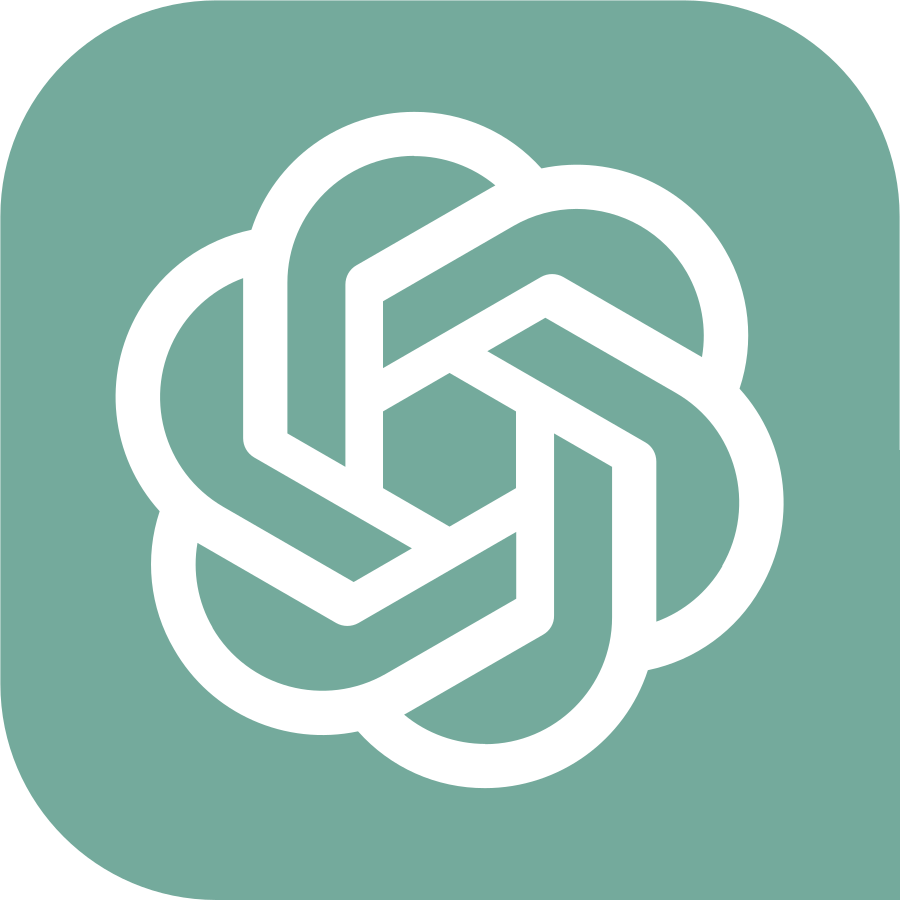Munoz: Students split on the morality of ChatGPT usage
ChatGPT, Public domain, via Wikimedia Commons
MSMS students give ChatGPT, an interactive artificial intelligence system, split reviews.
March 13, 2023
ChatGPT was launched by OpenAl in November 2022 and provides users the experience of human-like conversations with a chatbot. The bot is able to communicate with the user by using a language model learned from human writing patterns. For example, it can write poems, songs, emails and essays, and answer test and assignment questions.
Given the rigor of MSMS and the large amounts of coursework compared to traditional schools, the usage of tools including ChatGPT might have an increasing appeal for students trying to lower their workload. So, how big is the appeal of a website that has the potential to cut homework time in half among the MSMS student body?
An anonymous survey was sent out to MSMS students to gather information about their opinion on students using ChatGPT to fulfill their academic work.Out of 57 respondents, 53% said they have used ChatGPT for academic purposes. The survey then asked students if they thought it was ethical for them to use ChatGPT to complete their schoolwork considering the overwhelming amount they get.
About one-third of respondents said they were against the idea of using ChatGPT regardless of the amount of work they get. They responded by saying using it should be considered academic dishonesty.
“No, you don’t learn from using a machine to do assignments for you. Regardless of the amount of work we have, the work is assigned with the intention that students do it themselves and learn from the effort,” an anonymous student said.
“I feel that it can be useful to get quick summaries of big ideas in our reading assignments but is too tempting to use it to just do all your homework,” another anonymous student added.
Other students said they felt using ChatGT was not ethical because most of the work they are assigned can be completed by copying and pasting information.
“No [we should not be able to use ChatGPT], especially when a lot of the homework (especially reading responses) can be boiled down to copying and pasting information from textbooks and other source materials,” another anonymous student said.
Still, 66% of respondents said they felt using ChatGPT wasn’t academic dishonesty, with one respondent reasoning it could just “be thought of as an advanced search engine” that helps them understand various subjects.
“I think asking [ChatGPT] to complete the entire assignment is academic dishonesty, but I see using it as a resource for guidance is acceptable,” the anonymous student said.
Additionally, students also argued using ChatGPT should not be considered academic dishonesty since the bot cannot think critically by itself. Regardless of whether a student uses it or not, it will ultimately be the student’s job to think, they argued.
“It is the purpose of school to teach critical thinking, so as long as that is still a skill we are using, we should be able to employ any tools available to us,” an anonymous student said.
MSMS Director of Academic Affairs Clear Moore said she views the use of ChatGPT as academic dishonesty, and English instructor Theo Hummer suggested potential flaws in the believability of ChatGPT.
“I have never caught a student using it before, but I have caught students in the past plagiarizing. I’m almost certain I’ll be able to tell if someone turns in an essay written by ChatGPT,” Hummer said. “I like ChatGPT; I was just playing with it the other day. But I think whenever it comes to using it for their homework, students won’t get any real benefit from it.”
Despite different backgrounds, morals and beliefs, new technologies including ChatGPT are transforming education everyday, thereby affecting MSMS and other institutions.









